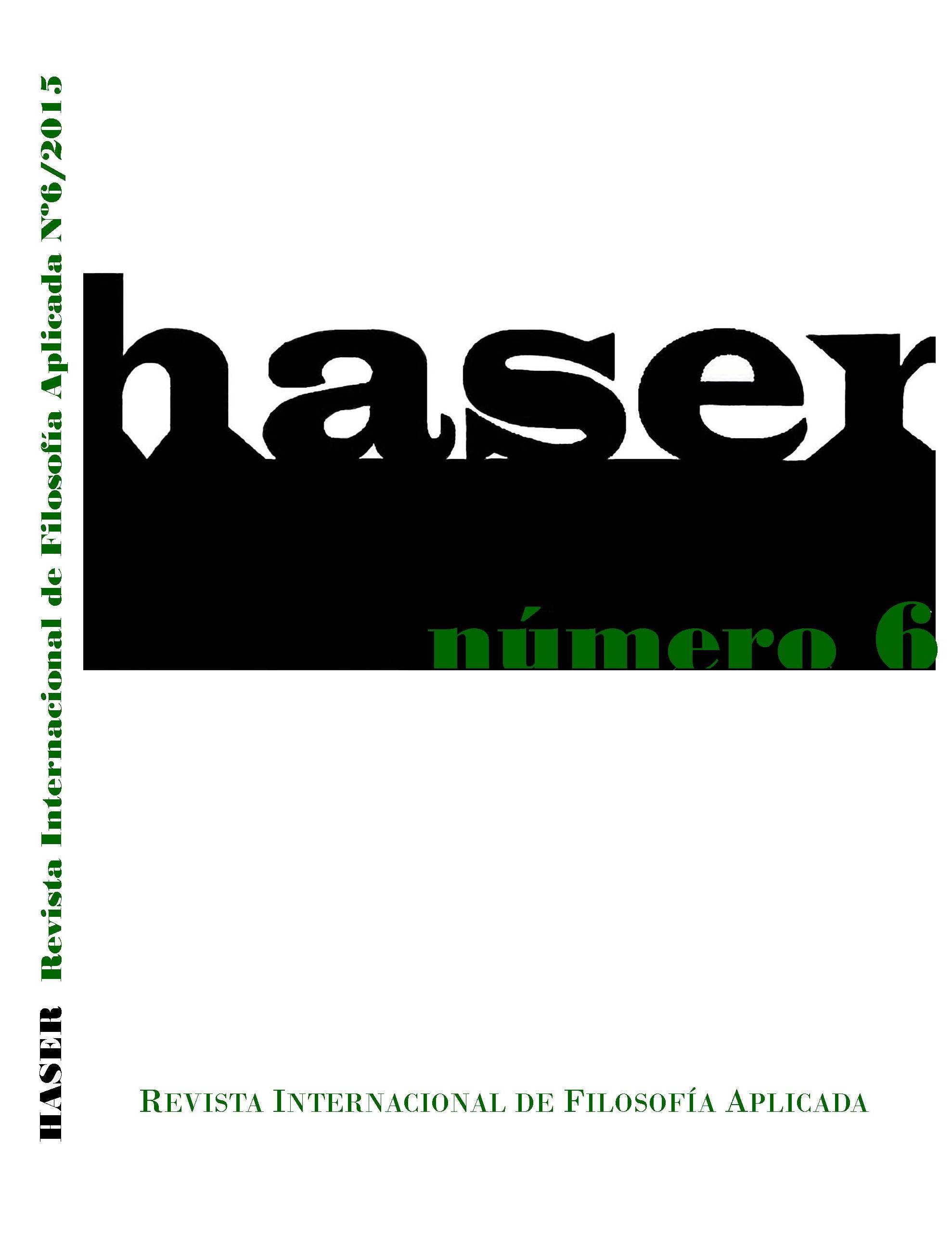PHILOSOPHICAL DIALOGUE AND MILITARY DECISION MAKING
Resumo
The military establishment plays an important role in society, not only because it is pivotal in securing the state from external and internal threats but also because the conduct of soldiers affect the fortunes of the state both fiscally and morally. Early in their career, soldiers are trained to be irreproachable in their loyalty, unquestioning in their obedience and unthinking in their pursuit of military objective. This, however changes as they move up into command positions and are required to decide on objectives as well as give orders for others to obey. For many officers, this is usually a difficult transition to make even though Staff School training is supposed to enable them to make this transition. This paper is based on an attempt to introduce philosophical dialogue to student officers of a military academy to help them make this difficult transition. It discusses the use of philosophical dialogue in facilitating officers’ understanding of important issues in the military, including military decision making. It highlights the procedure, difficulties and dangers of facilitating philosophical dialogue between soldiers especially as it relates to the corporate unity and command structure of the military. The paper also reflects on the efficacy and desirability of involving soldiers in a dialogue process
Downloads
Downloads
Publicado
Como Citar
Edição
Seção
Licença
Los autores/as que publiquen en esta revista aceptan las siguientes condiciones:
1. Los autores/as conservan los derechos de autor y ceden a la revista el derecho de la primera publicación, con el trabajo registrado con la licencia de atribución de Creative Commons, que permite a terceros utilizar lo publicado siempre que mencionen la autoría del trabajo y a la primera publicación en esta revista.
2. Los autores/as pueden realizar otros acuerdos contractuales independientes y adicionales para la distribución no exclusiva de la versión del artículo publicado en esta revista (p. ej., incluirlo en un repositorio institucional o publicarlo en un libro) siempre que indiquen claramente que el trabajo se publicó por primera vez en esta revista.
3. Se permite y recomienda a los autores/as a publicar su trabajo en Internet (por ejemplo en páginas institucionales o personales) antes y durante el proceso de revisión y publicación, ya que puede conducir a intercambios productivos y a una mayor y más rápida difusión del trabajo publicado (vea The Effect of Open Access).
- Resumo 187
- PDF (Español (España)) 35


